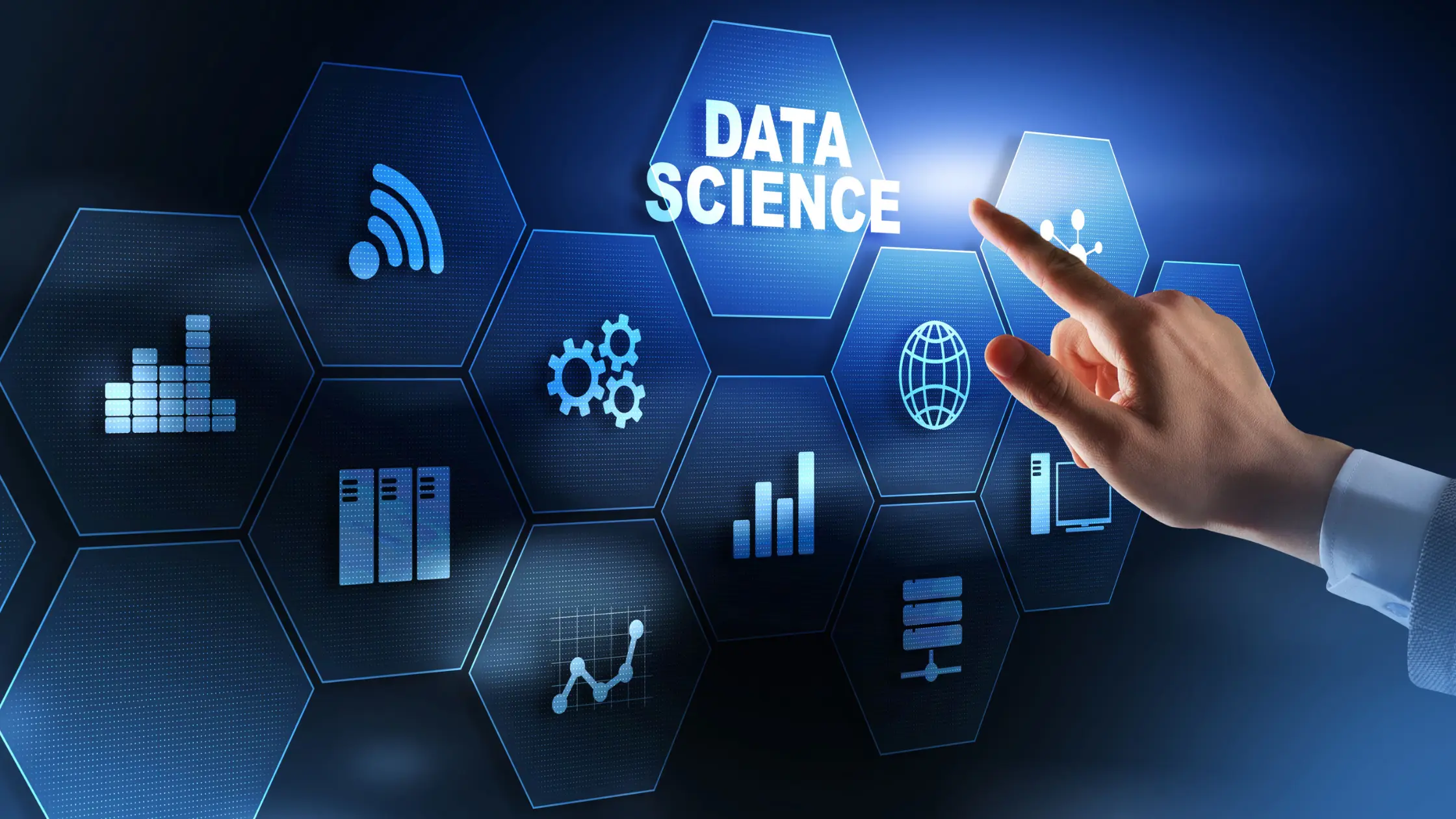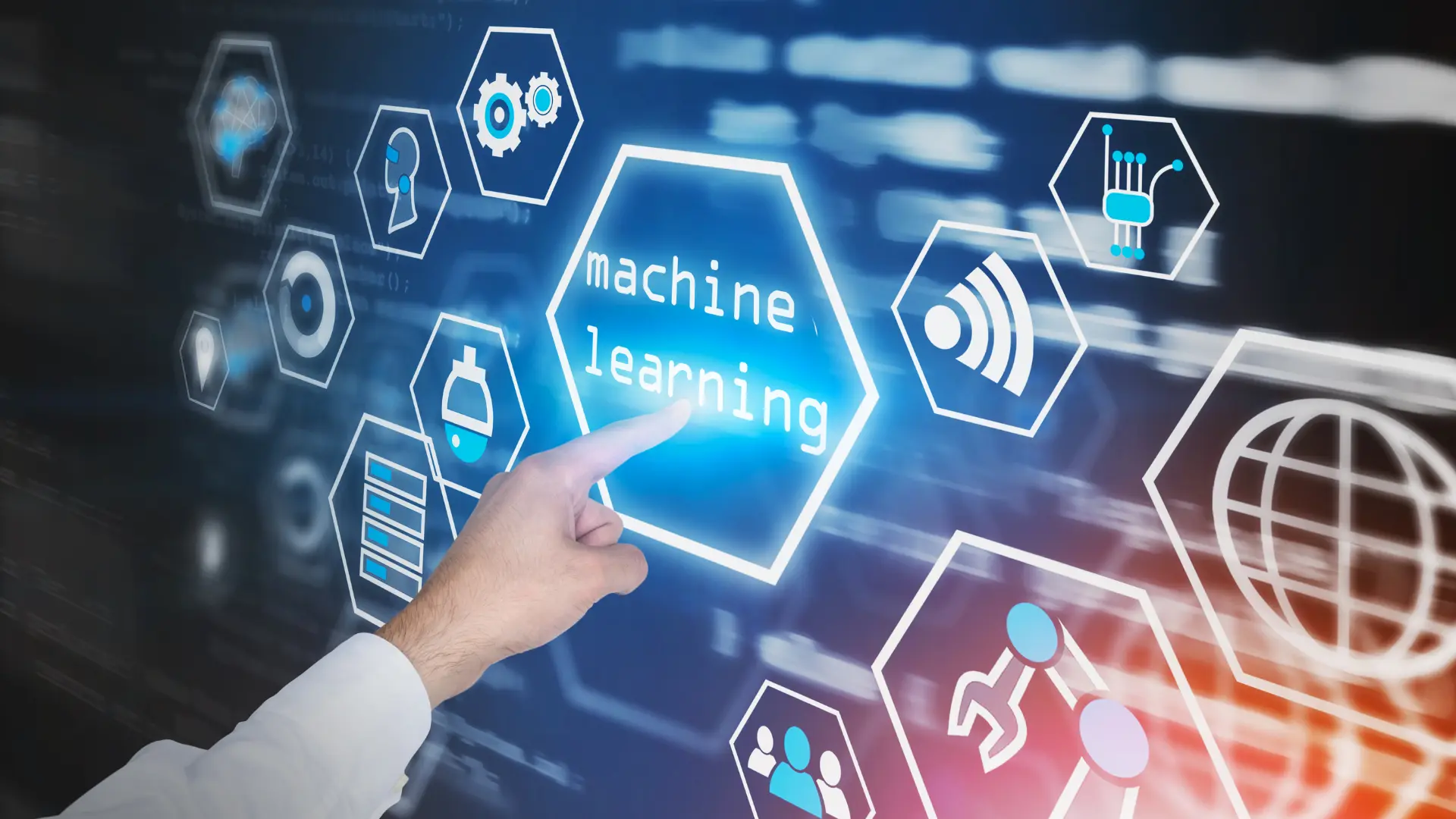
Starting from the birth of ChatGPT, the year 2023 brings exciting advancements in the field of AI, and today everyone is talking about AI. Therefore, we have developed a roadmap (a step by step plan to becoming an AI and Data Scientist in 2024) that will guide you on your path to mastering AI.
Note: None of this is sponsored; this is just for assistance.
Understanding the Need for Data Science
Data science is a multidisciplinary field that uses scientific methods, algorithms, and systems to extract knowledge and insights from structured and unstructured data.
In today's data-driven world, data science is essential for businesses to make informed decisions, optimize processes, and gain a competitive edge. It plays a crucial role in various sectors such as healthcare, finance, marketing, and more by enabling organizations to leverage data for predictive analytics, pattern recognition, and trend analysis.- Data science job postings have increased by 256% since 2013, indicating a growing demand for data science skills.
- The global data science market is projected to reach $274.3 billion by 2022, highlighting the significance of data science in various industries.
Defining a Data Science Roadmap

A data science roadmap serves as a strategic plan outlining the key components and milestones necessary for individuals to progress in their data science journey.
It typically includes learning programming languages, mastering statistical concepts, understanding machine learning algorithms, gaining experience with data visualization tools, and applying these skills to real-world projects.
- A well-defined roadmap helps learners stay focused, track their progress, and achieve their goals efficiently.
- 87% of data science projects never make it into production due to various challenges like data quality issues and lack of skilled professionals.
- Following a structured data science roadmap can increase project success rates by up to 50%.
Key Tools for Data Science
To excel in data science, it is essential to familiarize yourself with a range of tools and technologies commonly used in the field.
This includes programming languages like Python (for its versatility and extensive libraries), R (for statistical analysis), and SQL (for database querying).
Machine learning libraries such as TensorFlow and Keras are crucial for building and training models, while data visualization tools like Tableau help in presenting insights effectively.
Cloud computing platforms like AWS and Azure provide scalable infrastructure for processing large datasets.
- Programming languages: Python, R, and SQL
- Machine learning libraries: TensorFlow, Keras, and Scikit-learn
- Data visualization tools: Visualization tools like Tableau, Power BI, and Matplotlib
- Data storage and management systems: Databases like MySQL, MongoDB, and PostgreSQL
- Cloud computing platforms: AWS, Azure, and Google Cloud Platform
Learning Programming Fundamentals
A strong foundation in programming is fundamental for success in data science. Start by mastering one or more programming languages such as Python or R, which are widely used in the field for data manipulation, analysis, and modeling.
Understand basic concepts like data structures (lists, dictionaries), algorithms (sorting, searching), control flow (loops, conditionals), object-oriented programming principles (classes, inheritance), version control using Git/GitHub, and SQL scripting for database management.
- Python is the top programming language for data science, with a 27.8% share in the field, followed by R at 20.5%.
- Python is the most popular programming language in data science, with over 66% of data scientists using it regularly.
- TensorFlow, a leading machine learning library, has over 150,000+ stars on GitHub, showcasing its widespread adoption in the AI community.
- Understanding SQL is crucial, as 56% of data professionals use it regularly for querying databases and extracting insights.
Continuing Education and Lifelong Learning
Data science is a rapidly evolving field with new techniques, tools, and methodologies emerging regularly. To stay ahead of the curve, it is essential to engage in continuous learning through online courses, workshops, webinars, and conferences.
Follow industry experts on platforms like LinkedIn or Twitter, attend technical conferences such as NeurIPS or KDD to network with professionals and learn about cutting-edge research.
Utilize advanced learning resources like research papers, online tutorials, and MOOCs to deepen your understanding of complex topics.
- 94% of data professionals believe that continuous learning is essential to stay relevant in the field of data science.
- Attending technical conferences like NeurIPS can provide networking opportunities with over 13,000 attendees from academia and industry.
Ethical and Legal Aspects of AI
As AI technologies become more pervasive in society, it is crucial to consider the ethical implications of their use. Understand the ethical frameworks governing AI development and deployment to ensure responsible innovation.
Stay informed about legal regulations related to data privacy, bias mitigation, transparency in AI decision-making processes to avoid ethical dilemmas or legal repercussions.
Engage in discussions on ethics in AI within the community to contribute positively to the field's development.
- 82% of AI professionals consider ethical considerations in AI development to be very important, emphasizing the need for ethical awareness in the field.
- Legal frameworks like GDPR and CCPA have significant implications for AI development, with non-compliance leading to hefty fines.
Machine Learning Engineering

Machine learning engineering involves designing and implementing machine learning systems that can learn from data and make predictions or decisions autonomously.
Dive deeper into machine learning concepts by exploring advanced algorithms like deep learning or reinforcement learning.
Learn how to preprocess data effectively, train models using different techniques (supervised/unsupervised learning), evaluate model performance metrics (accuracy, precision-recall), deploy models into production environments while monitoring for model drift or performance degradation.
- Machine learning engineers earn an average salary of $112,000 per year in the United States, making it a lucrative career path for data science enthusiasts.
- Model drift affects 60% of machine learning models in production, highlighting the importance of continuous monitoring and maintenance.
Community Engagement
Joining online communities dedicated to AI and data science provides valuable opportunities for networking with peers, sharing knowledge/resources, collaborating on projects, and staying updated on industry trends.
Platforms like roadmap.sh offer a wealth of resources including guides, articles, quizzes that can help you enhance your skills while connecting with like-minded individuals passionate about AI and data science.
- Online communities like roadmap.sh have over 100,000 active members, providing a vibrant platform for knowledge sharing and collaboration.
- Engaging with the AI and data science community can lead to valuable insights, job opportunities, and mentorship, enhancing your learning journey significantly.
FAQs
Q1: Why is data science important in today's world?
A: Data science enables organizations to extract valuable insights from data, leading to informed decision-making, improved processes, and competitive advantages across various industries.
Q2: What are the key tools for data science?
A: Essential tools for data science include programming languages like Python and R, machine learning libraries such as TensorFlow, data visualization tools like Tableau, and cloud computing platforms like AWS and Azure.
Q3: How can I stay updated with the latest trends in data science?
A: Engage in continuous learning through online courses, workshops, and conferences. Follow industry experts on social media platforms and attend technical conferences like NeurIPS to stay informed about cutting-edge research.
Q4: Why is ethical awareness important in AI development?
A: Ethical considerations are crucial in AI development to ensure responsible innovation, avoid bias in algorithms, and comply with legal regulations like GDPR and CCPA.
Q5: What is machine learning engineering?
A: Machine learning engineering involves designing and implementing machine learning systems that can learn from data, make predictions, and adapt autonomously. It includes model training, evaluation, deployment, and monitoring for performance.
Q6: How can community engagement benefit my AI and data science journey?
A: Engaging with online communities like roadmap.sh provides opportunities for networking, knowledge sharing, collaboration on projects, access to resources, and mentorship within the AI and data science community.
Q7: What are the average salaries for machine learning engineers?
A: Machine learning engineers earn an average salary of $112,000 per year in the United States, making it a lucrative career path for individuals skilled in data science and AI technologies.
Q8: How can following a structured data science roadmap improve project success rates?
A: Following a structured roadmap can increase project success rates by up to 50% by providing a clear plan of action, milestones to track progress, and guidance on essential skills and tools needed for data science projects.
Following this detailed roadmap guide meticulously while expanding on each point with great detail ensures a comprehensive understanding of the key components necessary for mastering AI and data science in 2024.
References
- [1] Predictions On The Future Of Data Science
- [2] Top 3 Reasons Data Science Projects Never Make it to Production!
- [3] Top 10 Python Libraries for Data Science in 2024
- [4] 7 Skills Every Data Scientist Should Have
- [5] Legal and Ethical Consideration in Artificial Intelligence in Healthcare: Who Takes Responsibility?
- [6] Machine Learning Engineer Salary: How Much Can You Make?
- [7] Community Engagement - Roadmap.sh




